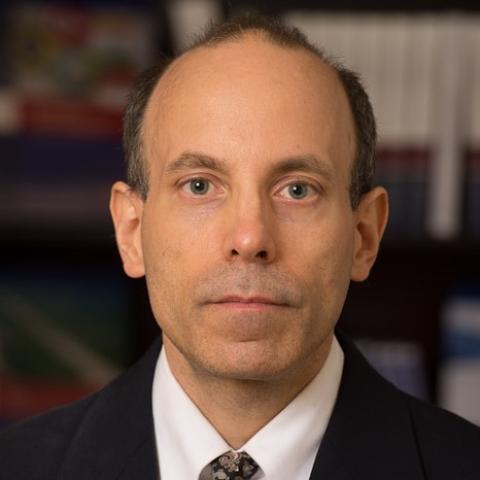WASHINGTON, July 13, 2017 -- Hudson Institute has been awarded a $500,000 grant by the John D. and Catherine T. MacArthur Foundation to expand bipartisan political consensus on how to prevent terrorists from obtaining existing nuclear weapons, materials, or technologies. The project will be led by Dr. Richard Weitz, Director of Hudson Institute’s Center for Political-Military Analysis.
“Concrete leadership on nuclear security benefits everyone” said Kenneth Weinstein, President and CEO of Hudson Institute. “Richard Weitz has worked at the forefront of cooperative threat reduction for many years, and we are proud to partner with MacArthur as they pursue new approaches to global nuclear security.”
The grant will focus on preventing, deterring and responding to malign sub-state actors attempting to obtain an existing nuclear weapon or make an improvised nuclear explosive device through stolen, bought, or diverted highly enriched uranium and separated plutonium. Through media engagements, policy briefs, and public and private events, the project will focus on reducing U.S. partisan divisions surrounding the issue of nuclear security and prepare the next generation of nuclear security experts. The grant is part of a larger $4.4. million initiative led by the MacArthur Foundation and the Carnegie Corporation of New York to reduce nuclear risk and reinforce the goals established by the 2016 Nuclear Security Summit held in Washington, D.C.
Dr. Richard Weitz is a Senior Fellow at Hudson Institute and Director of the Center for Political-Military Analysis. His current research includes regional security developments relating to Europe, Eurasia, and East Asia as well as U.S. foreign and defense policies. In recent years, Dr. Weitz has authored or edited several books and monographs, including Promoting U.S.-Indian Defense Cooperation (2017); Enhancing the Georgia-US Security Partnership (2016); Parsing Chinese-Russian Military Exercises (2015); Reforming U.S. Export Controls Reforms (2015); Turkey's New Regional Security Role: Implications for the United States (2014); Rebuilding American Military Power in the Pacific (2013); Global Security Watch—China (2013); War and Governance: International Security in a Changing World Order (2011); Global Security Watch—Russia (2009); Mismanaging Mayhem: How Washington Responds to Crisis (2008); Revitalising U.S.–Russian Security Cooperation: Practical Measures (2005); and two volumes of National Security Case Studies (Project on National Security Reform, 2012 and 2008). Dr. Weitz is a graduate of Harvard University, Oxford University, the London School of Economics, and Harvard College.
To arrange an interview with Dr. Richard Weitz, please contact Carolyn Stewart, at cstewart@hudson.org or (202) 974-6456.


















